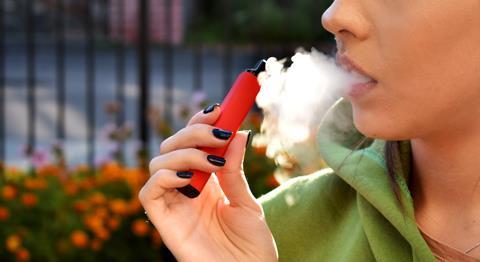
The UK Vaping Industry Association (UKVIA) has called for on-the-spot fines of £10,000 for retailers found to be selling vape products to those under the age of 18.
One of a series of measures proposed by the trade body, the UKVIA has suggested that money collected through these fines are used to provide adequate financing for Trading Standards.
The UKVIA has also called for a compulsory retail registration scheme, with stringent qualifiers to join, education programmes for those selling vapes and the ability for Trading Standards to rescind registration for repeat offenders, and a National Test Purchasing Scheme, whereby retailers are regularly tested to see whether they are selling to under-18s.
John Dunne, director general of the UKVIA said: “While vaping plays a critical role in reducing the number of smokers in the UK and saving the taxpayer millions in the process, it is completely unacceptable for retailers to be selling these products to children.
“It’s time to get tough on those who are getting away scot-free and making lots of money from continuously breaking the law. No more knuckle wrapping, time to hit the offenders where it hurts hardest – in the pocket.”
Dunne said Trading Standards need more support to tackle the illicit vape trade.
“By allowing Trading Standards to police the retailers more robustly and more effectively, I believe we can make a dramatic difference to the issue of vaping amongst young people, he added. “These proposals are designed not only to deter rogue retailers, but to allow the Government, through Trading Standards enforcement officers around the country, to properly police the problem.”
The proposals come two weeks after Chartered Institute of Trading Standards (CTSI) called for urgent support and clarification from the government “as the scale of non-compliant vapes and the concerns around underage sales are snowballing and getting out of hand.
The CTSI said that “Trading Standards teams are spread very thinly enforcing laws on a range of issues, from food standards to product safety. We need more boots on the ground to help enforce regulations.”



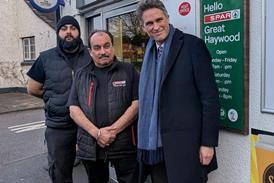
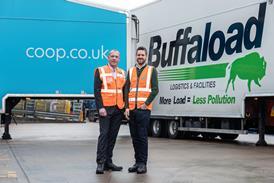



















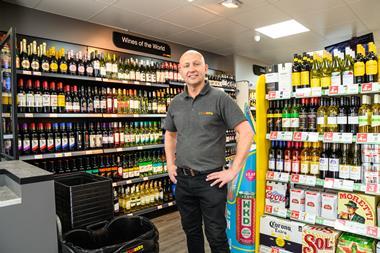







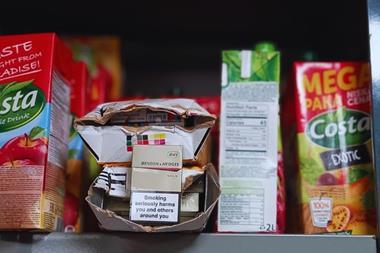
No comments yet